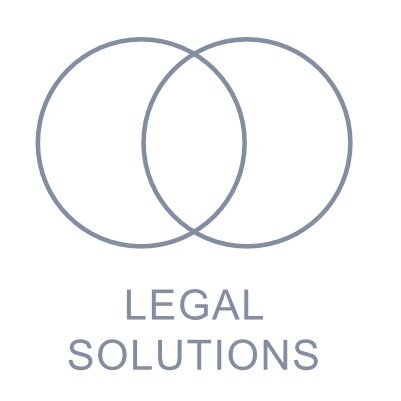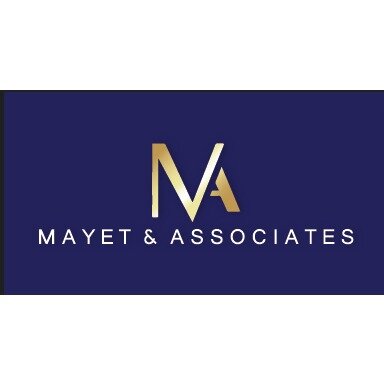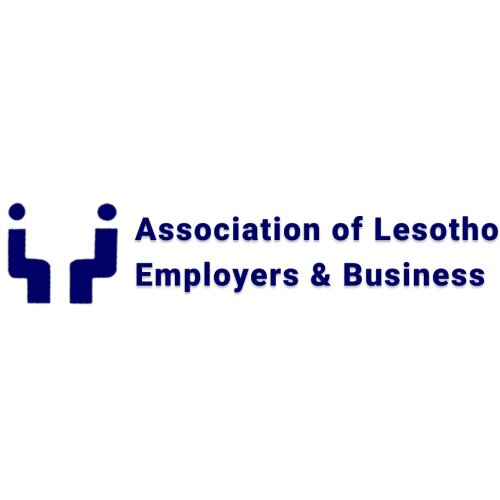Best Sanctions & Export Controls Lawyers in Lesotho
Share your needs with us, get contacted by law firms.
Free. Takes 2 min.
Or refine your search by selecting a city:
List of the best lawyers in Lesotho
About Sanctions & Export Controls Law in Lesotho
Sanctions and export controls law in Lesotho refers to the set of legal measures that regulate the movement of goods, technology, services, and financial assets across the country's borders. These laws help Lesotho fulfill its international obligations, protect national security, and support global efforts to prevent illegal activities such as money laundering, terrorism financing, and proliferation of weapons. Sanctions typically involve restrictions against specific countries, entities, or individuals, while export controls regulate how certain goods and technologies can be exported from Lesotho, especially those that may have dual uses or strategic importance.
Why You May Need a Lawyer
Legal matters surrounding sanctions and export controls can be complex and carry significant consequences for individuals and businesses in Lesotho. Here are some common situations where professional legal help is valuable:
- You are involved in importing or exporting goods and are uncertain about compliance requirements.
- Your business has received a warning, fine, or notice from authorities concerning alleged violation of sanctions or export regulations.
- You intend to expand operations internationally and need to understand legal restrictions or risks involving foreign countries under sanctions.
- You need to screen business partners against international or local sanction lists to avoid unintentionally breaching the law.
- You are facing asset freezes or other limitations imposed by the government due to suspected links with sanctioned entities or individuals.
- You want to legally challenge a government decision relating to export licenses or sanction enforcement.
- You require guidance on implementing internal compliance programs to protect your organization from legal liabilities.
Local Laws Overview
Lesotho’s legal framework governing sanctions and export controls is shaped by domestic statutes, international treaties, and regulations established by regional bodies such as the Southern African Development Community (SADC) and the African Union (AU). The Government of Lesotho enforces certain United Nations Security Council resolutions imposing sanctions or restrictive measures.
Key local aspects include:
- The application of customs and border control laws to manage import and export activities, including special licensing requirements for sensitive goods.
- Prohibitions on the transfer of specific goods, services, or technologies to countries or individuals targeted by UN or AU sanctions.
- Reporting obligations for financial institutions regarding transactions with sanctioned parties to combat money laundering and terrorism financing.
- Seizure and forfeiture provisions for goods that are exported or imported in contravention of the law.
- Enforcement mechanisms, including fines, imprisonment, or suspension of business licenses for breaches of sanctions or export control laws.
Frequently Asked Questions
What are sanctions in the context of Lesotho law?
Sanctions in Lesotho refer to legal restrictions imposed on dealings with certain countries, organizations, or individuals, usually in line with United Nations or African Union resolutions. These can include trade bans, asset freezes, or travel restrictions.
What are export controls?
Export controls are regulations that govern the sending of certain goods, technology, or services from Lesotho to other countries. These controls are designed to prevent the spread of military or dual-use items to unauthorized destinations or users.
Who enforces sanctions and export control laws in Lesotho?
Enforcement is primarily the responsibility of the Lesotho Revenue Authority (LRA) in cooperation with the Central Bank of Lesotho and other governmental agencies such as the Ministry of Trade and Industry.
Can I export goods from Lesotho to any country?
No, some countries, entities, or individuals may be subject to international or regional sanctions, which prohibit or restrict trading certain goods or technologies with them.
Do I need a license to export certain items?
Yes, certain goods, especially those related to defense, security, or potentially dual-use technologies, may require an export license from relevant authorities before shipment.
What happens if I accidentally violate sanctions or export controls?
Violations, even if accidental, can result in serious consequences including fines, seizure of goods, loss of business privileges, and potential criminal charges, depending on the nature of the breach.
How can I check if a country or person is under sanctions?
You can refer to the official lists published by the United Nations, African Union, or consult with the Lesotho Revenue Authority or legal professionals to assess the current status regarding sanctions.
Are financial transactions affected by sanctions laws?
Yes, banks and other financial institutions in Lesotho are required to screen transactions for links with sanctioned parties and must report or block any suspicious or prohibited activity.
How does Lesotho cooperate with international sanctions regimes?
Lesotho implements sanctions imposed by international organizations such as the United Nations as part of its treaty obligations and regional commitments, incorporating these into local law and policy.
Can I appeal a decision related to export controls or sanctions?
Yes, if you receive an adverse decision from an authority relating to sanctions or export controls, you can seek legal advice and pursue administrative or judicial review via Lesotho's court system.
Additional Resources
For further guidance or official information on sanctions and export controls in Lesotho, the following resources and organizations can be helpful:
- Lesotho Revenue Authority (LRA) - responsible for customs and enforcement of export controls
- Ministry of Trade and Industry - oversight of trade regulation and licensing
- Central Bank of Lesotho - financial sector compliance with sanctions
- Lesotho Chamber of Commerce and Industry - business support and guidance
- United Nations Security Council Resolutions - for up-to-date sanctions lists
- African Union and SADC documentation on regional sanctions and trade controls
- Professional legal associations and local law firms with expertise in international trade and compliance
Next Steps
If you believe you need legal assistance regarding sanctions or export controls in Lesotho, consider the following steps:
- Gather all relevant documentation related to your trade, export, or financial transactions.
- Reach out to a licensed attorney in Lesotho with experience in sanctions and export controls for an initial consultation.
- Stay informed by monitoring official updates from relevant government agencies about changes in regulations or sanctioned entities.
- Implement internal compliance policies in your business to minimize the risk of accidental breaches of the law.
- If you receive any notice or enforcement action, seek legal counsel promptly to understand your rights and possible remedies.
Taking proactive steps and consulting with an experienced lawyer can reduce risks and help ensure that your business or personal activities remain in compliance with Lesotho's sanctions and export control laws.
Lawzana helps you find the best lawyers and law firms in Lesotho through a curated and pre-screened list of qualified legal professionals. Our platform offers rankings and detailed profiles of attorneys and law firms, allowing you to compare based on practice areas, including Sanctions & Export Controls, experience, and client feedback.
Each profile includes a description of the firm's areas of practice, client reviews, team members and partners, year of establishment, spoken languages, office locations, contact information, social media presence, and any published articles or resources. Most firms on our platform speak English and are experienced in both local and international legal matters.
Get a quote from top-rated law firms in Lesotho — quickly, securely, and without unnecessary hassle.
Disclaimer:
The information provided on this page is for general informational purposes only and does not constitute legal advice. While we strive to ensure the accuracy and relevance of the content, legal information may change over time, and interpretations of the law can vary. You should always consult with a qualified legal professional for advice specific to your situation.
We disclaim all liability for actions taken or not taken based on the content of this page. If you believe any information is incorrect or outdated, please contact us, and we will review and update it where appropriate.
Browse sanctions & export controls law firms by city in Lesotho
Refine your search by selecting a city.












